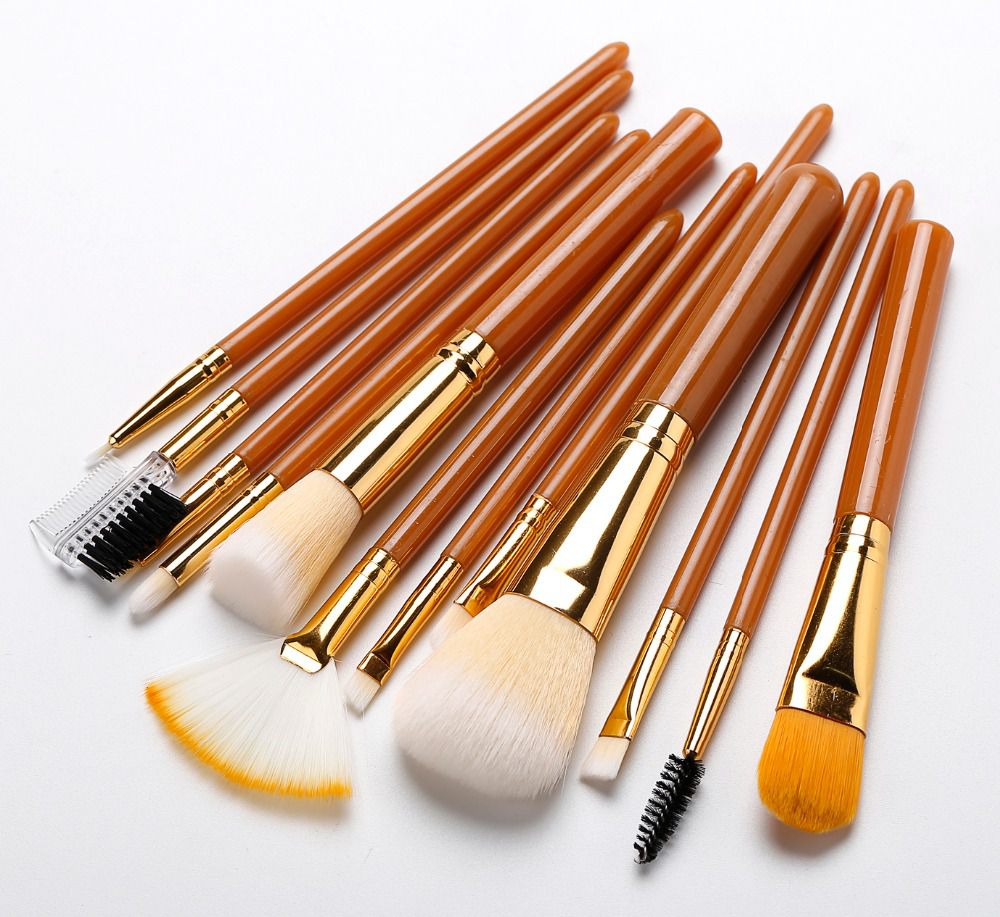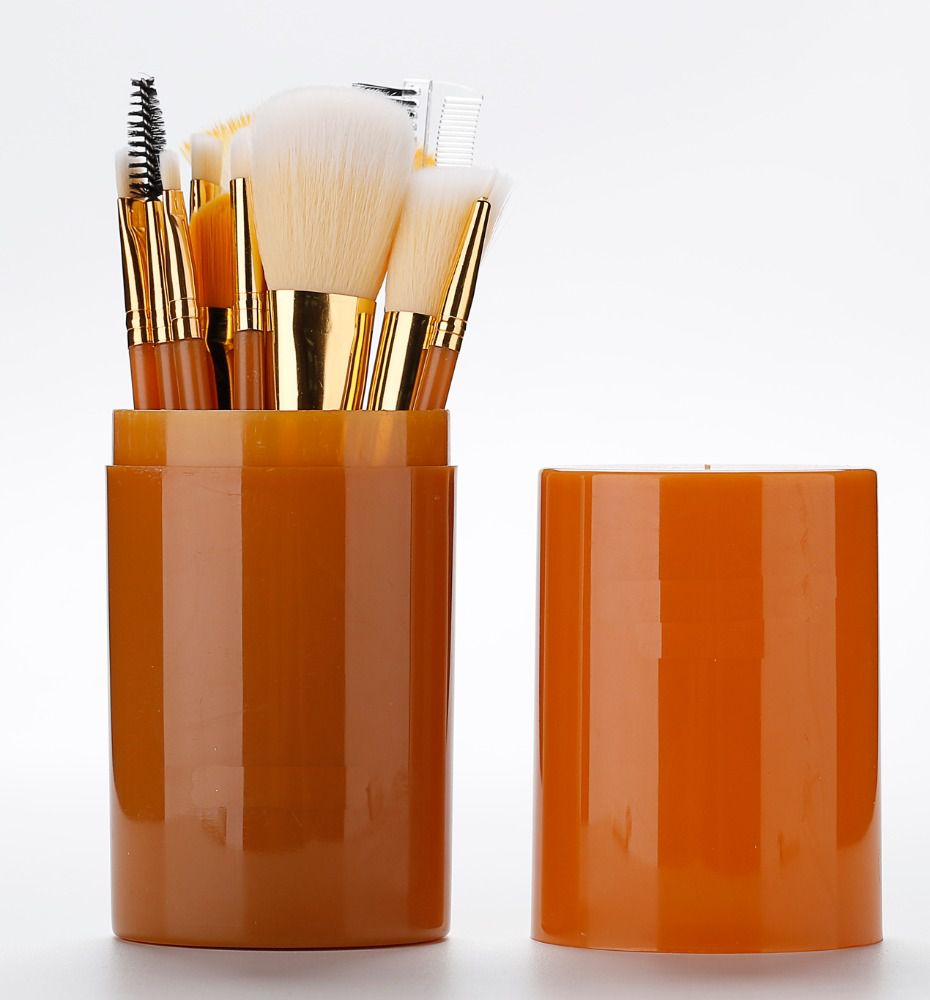Industry news
Japan’s Artisanal Brush Makers Expand to U.S. Market: Hand-Tied Bristles Target Luxury Spas
- 491 Views
- 2025-10-16 01:32:04
Japan’s Artisanal Brush Makers Enter U.S. Luxury Spa Market with Hand-Tied Bristle Expertise
In a move blending centuries-old craftsmanship with modern luxury demand, Japan’s renowned artisanal brush makers are expanding into the U.S. market, targeting high-end spas with their signature hand-tied bristle technology. Brands like Kyoto-based Washi Brush Co., a 120-year-old workshop, and Osaka’s Yuki Artisan Studio are leading the charge, betting on America’s growing appetite for premium, handcrafted beauty tools that elevate the spa experience.
The push into the U.S. comes as post-pandemic luxury spa sectors rebound, with consumers prioritizing personalized, high-quality treatments. According to a 2024 report by Luxury Spa Association, 68% of U.S. spa-goers cite “tool quality” as a key factor in choosing a provider, up from 45% in 2019. Japanese makers see an opening: their hand-tied bristle brushes, honed over generations, offer a tactile precision that machine-made alternatives struggle to match.

At the heart of their appeal is the hand-tied bristle technique. Unlike mass-produced brushes, where bristles are glued or crimped into place, Japanese artisans tie each bundle individually using silk thread, a method requiring 3+ hours per brush and 100+ meticulous steps. “Machine ties pull bristles tight, creating rigidity,” explains Yuki Tanaka, master craftsman at Yuki Artisan Studio. “Hand-tying lets us control tension—so the brush flexes naturally, gliding over skin without irritation. It’s why our brushes last 5+ years, vs. 1–2 for machine-made.”
The materials amplify this advantage. Makers source premium fibers: soft mountain goat hair for facial brushes, durable horsehair for body tools, and vegan blends (bamboo charcoal-infused synthetics) for eco-conscious spas. Handles, often crafted from sustainably harvested cherry wood or recycled paper composite, align with U.S. spas’ growing focus on sustainability—72% of luxury spas now prioritize “green tooling,” per Spa Business Magazine.

But entering the U.S. isn’t without hurdles. Japanese artisanal brushes retail at $80–$200, triple the price of mid-range alternatives. To justify this, brands are leaning into storytelling. Washi Brush Co.’s U.S. launch campaign highlights its “Craftsman’s Promise”: each brush is signed by its maker, with a QR code linking to a video of the creation process. “American consumers buy stories as much as products,” notes Maya Patel, beauty industry analyst at Deloitte. “ ‘Handmade in Japan’ carries cachet—evoking precision and heritage—that resonates with luxury buyers.”
Early traction suggests promise. Beverly Hills’ La Mer Spa recently added Yuki Artisan brushes to its signature facial treatments, reporting a 22% uptick in repeat bookings. “Guests notice the difference immediately,” says spa director Elena Reeves. “The brushes feel like an extension of the therapist’s hands—softer, more intentional. It turns a routine treatment into a luxury experience.”
Looking ahead, Japanese makers aim to scale carefully, avoiding mass production to preserve craftsmanship. “We won’t compromise on quality for volume,” Tanaka emphasizes. For U.S. luxury spas, this could mean a new standard: tools that aren’t just functional, but artifacts of skill—proving that in an automated world, the human touch still commands premium value.











